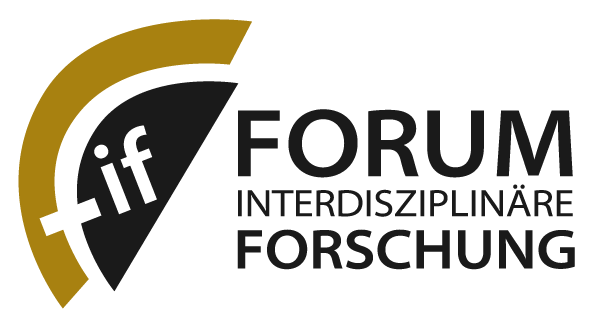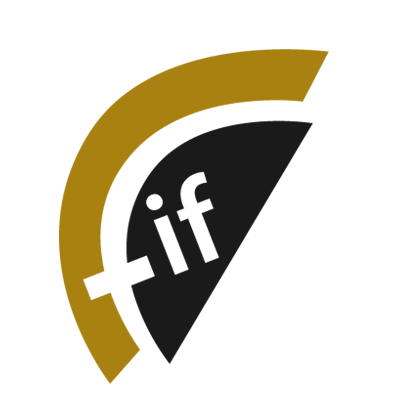Dates for the academic quarter for the winter semester 2025/26
You can already look forward to these lunchtime talks with the FiF in the winter semester 2025/26, which will provide insights into current research areas and science policy topics.
These events take place in an informal setting and promote interdisciplinary exchange within the university.
Dates :
- October 29 with Karina Grisse – Law and Economics (Department 1)
- November 26 with Nico Bruns – Sustainable functional polymers
- December 10, 2025 with Anna Bakenecker- Electrical Engineering and Information Technology (Department 18)
- January 21, 2026 with Naser Damer – Computer Science (Department 20)
November 26 (from approx. 5:00 p.m.) : Award ceremony for the IANUS Prize in cooperation with PEASEC, Christian Reuter, Marcus Lederer, Malte Göttsche, and Alfred Nordmann
Meeting-ID: 656 5951 9774
Password: 021012
The Academic Quarter is moving for the 2025/2026 winter semester:
New location: S1|20 Lecture hall of the ULB in the basement next to the Lesbar
Why? Here you can get something to eat during your lunch break at the Lesbar and come to the Academic Quarter with a coffee or water (provided for you).
Academic Quarter winter semseter 2025/2026
In this lecture, the main areas of research of the new professorship for ‘Biometrics, Human Analysis and Behaviour Understanding’ will be presented. The focus is on how human-centred approaches can be designed in machine learning to make digital services more secure, inclusive, transparent and user-friendly – while ensuring privacy and acceptance among citizens.
The Academic Quarter sorted by semester
The Academic Quarter celebrated its 10th birthday in 2022!
This event format was started in 2012 as an IANUS contribution by Alfred Nordmann; FiF has taken over the lead in 2019. For the celebration, Alfred Nordmann himself presented as a speaker.




































